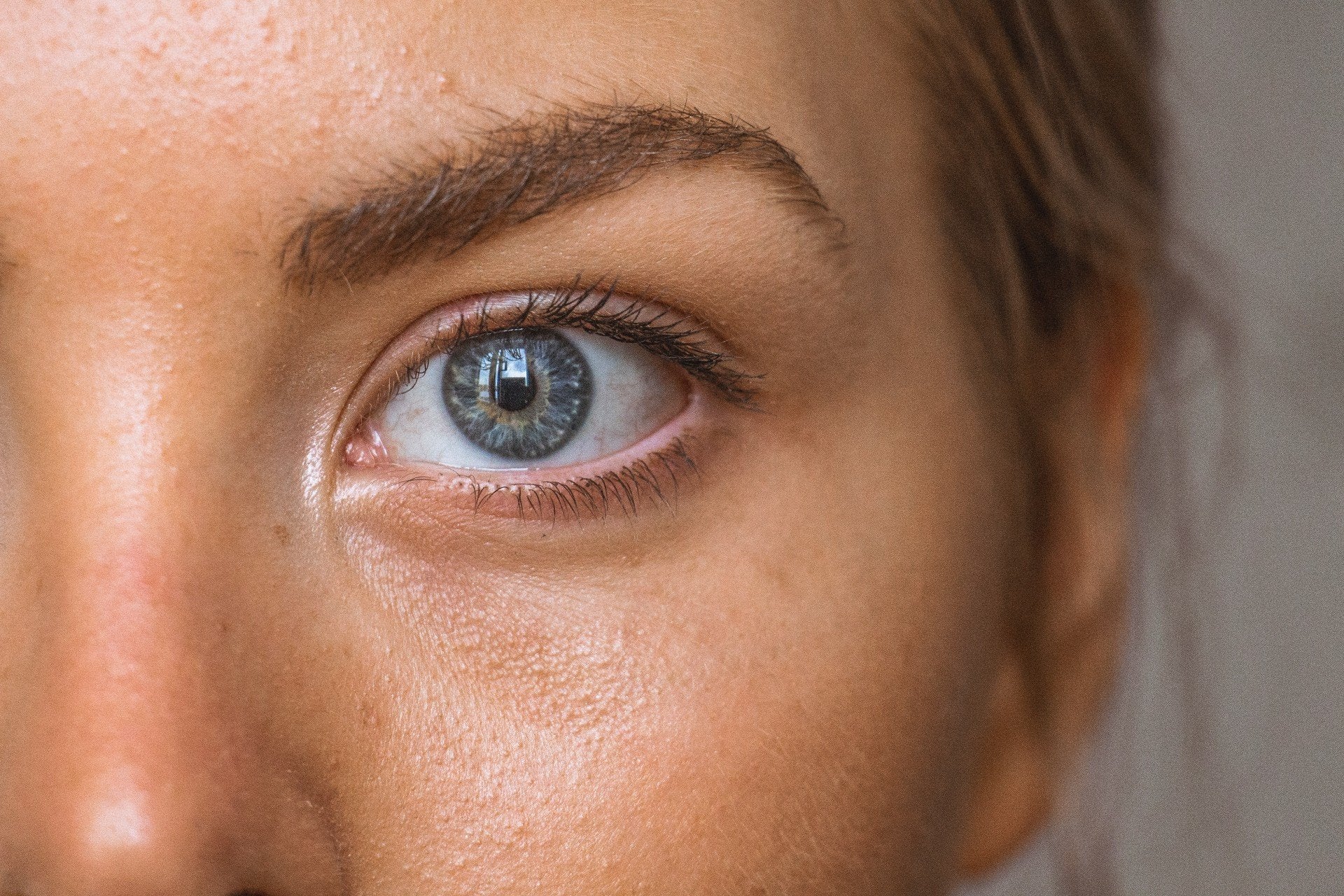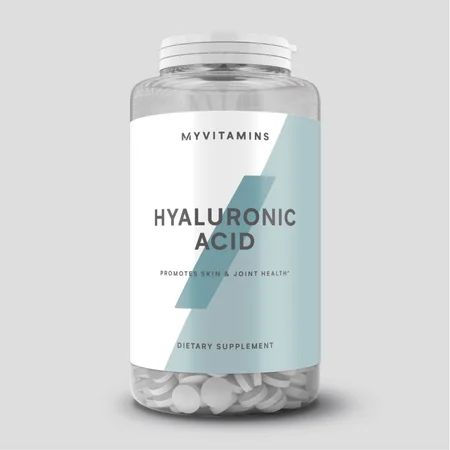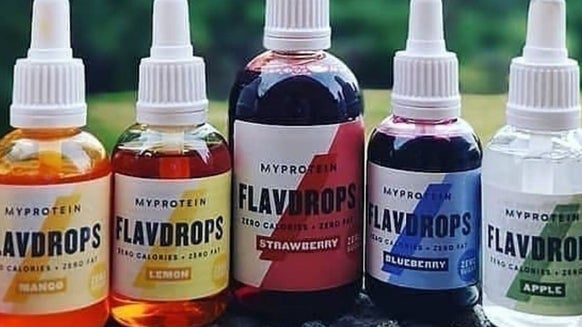What is Hyaluronic Acid?

What is hyaluronic acid?
Where does it come from?
HA occurs naturally in our bodies but can also be manufactured into many forms - like creams, serums, injectables, and supplements.2 Because of its firming and moisturizing power, there is great interest in the role that hyaluronic acid can play in anti-aging.
Hyaluronic acid benefits:
1. Hyaluronic acid can slow down skin aging
Research has shown that the levels of HA in our skin decrease as we age. For this reason, boosting the amount in our skin can help slow down the signs of aging. You’ll see many topical creams and serums with HA on the market, but only some have the right concentration and molecule size to be effective.2 For this reason, oral supplements are available to support skin benefits.
2. It may help with eye health
Hyaluronic acid has been shown to support successful cataract surgery procedures. As this is a common issue for many in later stages of life, it can play a role in successful surgeries to preserve vision and quality of life.1

3. It has been proven to help with wound healing
When our skin has an open wound that needs to heal, we need the newly forming skin to be healthy, elastic, and moisturized - all things that HA can support.1 While wound healing can be very serious in those with other conditions, like diabetes, this is a crucial application for HA.
4. It could help with joint pain
Because hyaluronic acid has been approved for cosmetic procedures (like wrinkle injections), there is interest in using it as an injected treatment for knee pain and other osteoarthritis. Some research indicates that HA can have overall anti-inflammatory properties.1 While logical supports that joint injections could be beneficial, additional study is needed before this becomes a recommended treatment.2
Hyaluronic acid dosage and when to take
Are there any side effects?
Anytime you take a supplement or use a topical substance on your skin, you could have an allergy or reaction to any of the ingredients. You might want to test a small area of your skin especially if it is sensitive. However, there has not been any negative side effects shown in HA supplementation.2 Side effects from injections still need to be studied.
Take Home Message
HA occurs naturally in the body and comes with a wide array of anti-aging benefits related to skin and joint health. It's even been shown to have positive effects related to eyesight!
If you are going to supplement your routine with HA then 100 to 200mg per day is recommended.

Claire is a Registered Dietitian through the Academy of Nutrition and Dietetics and a board-certified Health and Wellness Coach through the International Consortium for Health and Wellness Coaching. She has a Bachelor of Science in Biology and a Master’s degree in Clinical Dietetics and Nutrition from the University of Pittsburgh.
Talking and writing about food and fitness is at the heart of Claire’s ethos as she loves to use her experience to help others meet their health and wellness goals.
Claire is also a certified indoor cycling instructor and loves the mental and physical boost she gets from regular runs and yoga classes. When she’s not keeping fit herself, she’s cheering on her hometown’s sports teams in Pittsburgh, or cooking for her family in the kitchen.
Find out more about Claire’s experience here.
1. Goa, K.L., Benfield, P. Hyaluronic Acid. Drugs 47, 536–566 (1994). https://doi.org/10.2165/00003495-199447030-00009
2. Papakonstantinou, E., Roth, M., & Karakiulakis, G. (2012). Hyaluronic acid: A key molecule in skin aging. Dermato-endocrinology, 4(3), 253–258. https://doi.org/10.4161/derm.21923








